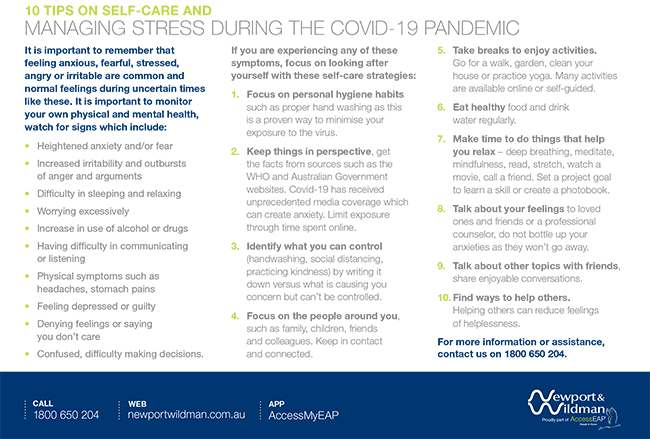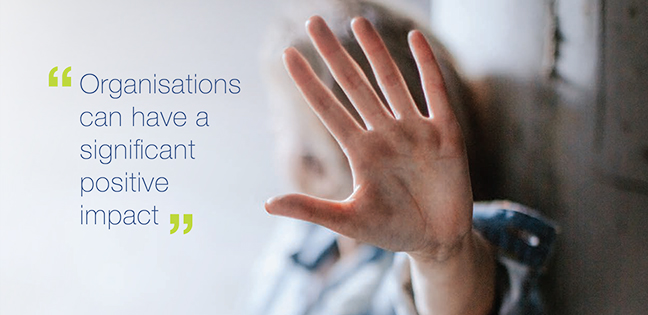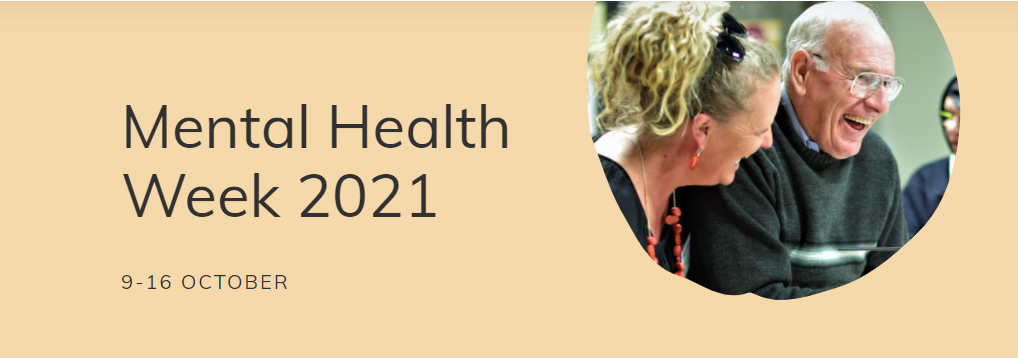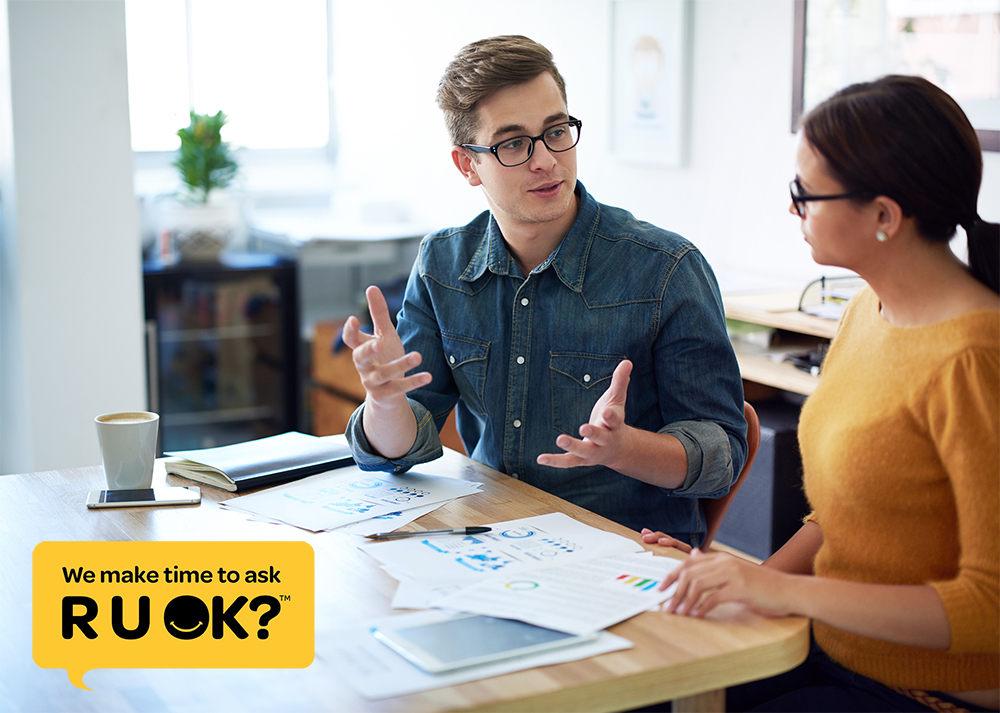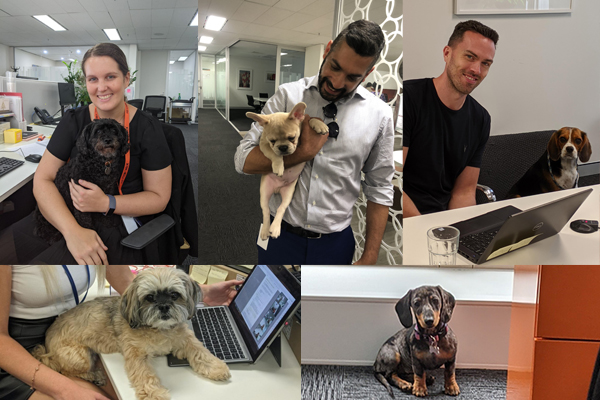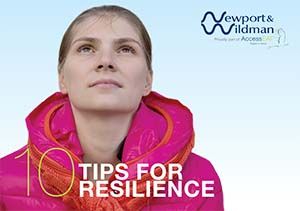Newport & Wildman is proudly part of AccessEAP. This month we have a message from Sally Kirkright, CEO, AccessEAP.
We all want to belong, and our workplaces can offer a safe place to carry out meaningful work with people we trust. This sense of belonging has been challenged over the past couple of years with the steps to combat COVID of social distancing and lockdowns. A sense of social isolation has been felt by many. And now lockdowns are ending, and with high vaccination rates, we are starting to see each other again, in real life.
As we start mixing once more, it’s important to keep in mind that lockdown has affected us all in different ways – everyone is different. For some, it has been incredibly hard, as they battled loneliness and isolation, or perhaps found it hard to juggle the demands of home-schooling, family and work expectations without the break of getting out of the house or going to the office. For others, they happily worked from home. As we reconnect, reaching out in a way that is appropriate to the person’s needs requires a good dose of empathy and listening.
Empathy and listening underpin all healthy workplace cultures and help create a psychologically safe workplace. Being aware and accepting the diversity of opinions, attitudes, and backgrounds helps us become more nuanced in the ways we reach out and interact with others.
I believe inclusion and diversity in a workplace is vital for engagement. Just like in the natural environment, a monoculture of thinking and viewpoints is not healthy or sustainable. The following definition resonates with me: “the difference between diversity and inclusion is that diversity is being invited to the party; inclusion is being asked to dance”. Diversity in the workplace refers to a workforce that’s made up of people from different ages, cultural backgrounds, geographies, physical abilities and disabilities, religions, genders, sexual orientations. And this diversity brings together people with differing perspectives and thinking styles, preferences and characteristics. Inclusion is the procedures organisations implement to allow differences to coexist in a mutually beneficial way so that employees feel accepted and comfortable, ready to share their opinions and thoughts.
I need my ideas to be challenged and my thinking to be tested by talking with others with differing viewpoints who look at the world in a way that is different from my own. It’s the way I keep my thinking fresh and creative and how I become a better leader. Diversity and inclusion in the workplace help this to happen. Walking the Talk is what makes people believe that an organisation is serious about inclusion.
As we start to come together again in the workplace, keep in mind the richness in the diversity of those around you – that we all want to be seen, heard and understood. With careful listening and empathy, we can appreciate people’s diversity of experience and backgrounds and encourage creative ideas which can benefit our businesses. This can be our own personal inclusion process as we enjoy the ‘dance’ with our workplace colleagues once more.
Sally Kirkright, CEO AccessEAP
-----------
At Newport & Wildman, we wish you all the best for the Festive Season. We appreciate the opportunity to work with you and look forward to a brighter 2022.
We would like to thank you for continuing your partnership with us. Through supporting your people through this challenging year, you have helped make the lives of more than just your people a little easier. Please share with us in celebrating the success of the H.O.P.E. Program, supporting vulnerable children & families. Click here to see our latest update!
Please be assured our counselling and onsite services are available 24/7, 365 days a year however, our other business functions observe the Australian public holidays and a short break from 25th December to 7th January 2022.


